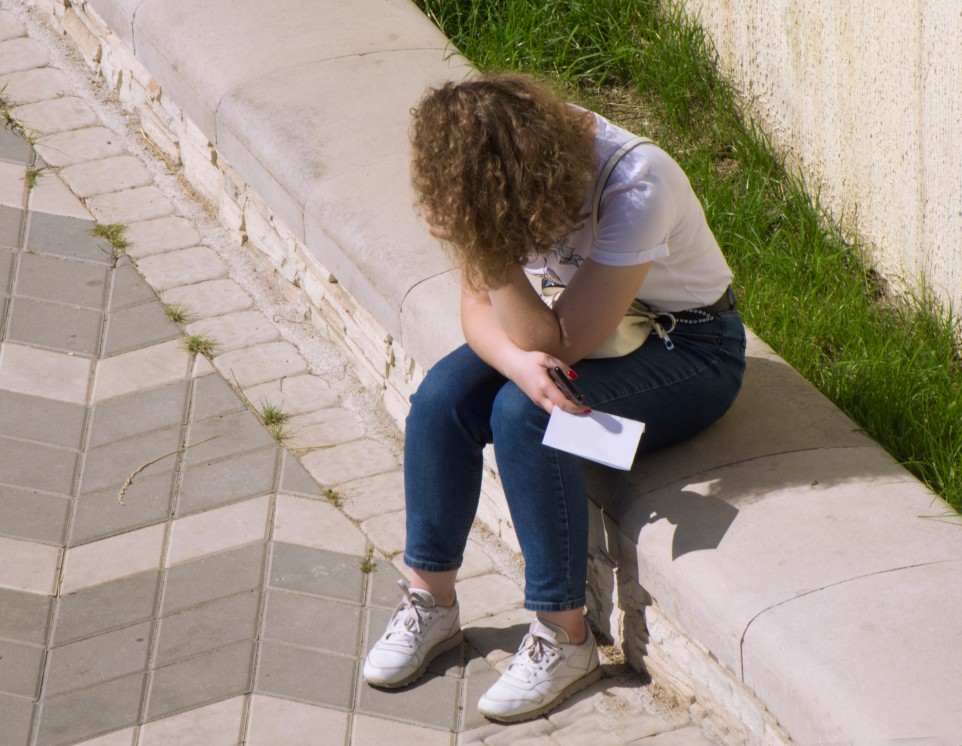They say some teacher's predicted grades were too generous. Students say their futures are being ruined.
Getting your A-Level or Highers results is always a stressful time for UK teenagers. The grades you get in your final year of school are used by universities and employers and therefore have a big impact on your future. The class of 2020, however, have faced even more stress and uncertainty than usual. Thanks to the Covid-19 pandemic and lockdown, their schools were closed and their exams cancelled. Their grades will instead be based on their teacher’s predictions, but a regulating body will then adjust these to match how well their school ‘normally’ does.
The idea of this adjustment was to make the process fair across the country and mitigate against the fact that some teachers will perhaps be over-generous or over-harsh with their estimations. But it has negatively affected a lot of students - more than a third of results were marked down a grade - and made a lot of people very angry. Scotland quickly ended up caving and reversed all its downgrades. Pressure is being put on England, Scotland and Wales to do the same.
The Education Secretary, Gavin Willamson, says that putting grades back up will “harm Generation Covid for life”. His point was that if students end up with a higher grade than they ‘deserve’ then they’ll have an unfair advantage over slightly older or younger year groups when it comes to getting jobs or university places. He also suggested that it could hurt their future prospects, presumably because they could be offered jobs they weren’t actually qualified for and end up struggling. He also said there would be an appeals system for those who think they can argue their case for a better grade.
Others say that the government is looking for harm in the wrong place. They point out that the whole system particularly penalises students who go to under-achieving schools, who didn’t work as hard as they could pre-pandemic and whose potential was underestimated by teachers. That means it's predominantly likely to affect groups who are already at a socio-economic disadvantage. In Scotland, being from the poorest postcodes made it twice as likely that your result would be downgraded.
Read our explainer on: the question of equality.

